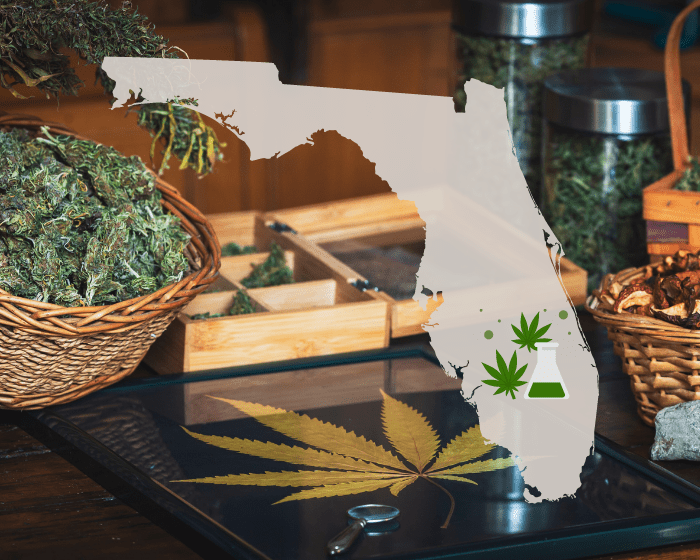
Longtime hemp advocate Steve Levine has died, reports Steve Bloom for CelebStoner.
In 2009, Levine was among a group of activists who planted hemp seeds on the lawn of the Drug Enforcement Administration headquarters in Virginia to protest the country's ban on hemp farming.

From left: North Dakota farmer Wayne Hauge, Vermont farmer Will Allen, Vote Hemp board member Steve Levine of Santa Barbara Hemp Co., Isaac Nichelson of Livity Outernational Hemp Clothing, Adam Eidinger, Vote Hemp board member David Bronner of Dr. Bronner’s.
“I’m here to bring awareness to the fact that this country needs to legalize hemp farming,” he said in a video of the event. “It’s long overdue and we’re sick of waiting. We’ve gotta let people know that it’s time to plant hemp, and that’s what we’re gonna do. We’re gonna plant hemp. On the DEA front lawn.”
"We’ve gotta let people know that it’s time to plant hemp, and that’s what we’re gonna do. We’re gonna plant hemp. On the DEA front lawn.”
— Steve Levine
The six protesters used ceremonial chrome shovels engraved with the words "Hemp Planting Oct. 2009 ~ DEA Headquarters ~ American Farmers Shall Grow Hemp Again, Reefer Madness Will Be Buried,” according to coverage at HuffPost.
Levine, who was president of the Hemp Industries Association at the time, was arrested with his five street-theater companions for the act of civil disobedience.
In addition to that high-profile event, he spent many years lobbying for legalization and helping to educate the public at Seattle Hempfest and Hemp Industries Association conventions. He was a board member of the nonprofit organization Vote Hemp until his death.
What did Levine see in hemp?
“The fiber itself is the strongest natural fiber in the world. Hemp is an excellent source for biofuel,” he said in the 2007 documentary The Union: The Business of Getting High. “There are so many hundreds of strains of industrial hemp that you can grow hemp almost anywhere in the world — not everywhere in the world but almost everywhere in the world. Just that alone makes it a resource for fuel. People will get it, especially as gas prices go up.
“It's the highest quality paper there is,” he continued. “I mean, it's archival
quality. […] Hemp paper that you find in museums that's hundreds of years old haven't even yellowed. To supplement the wood, we could solve the deforestation problem.”
Levine, who had a minimal online presence, lived in Carpinteria, California, and was in his mid 70s at the time of his death. The cause of death has not been publicly released. However, he was remembered fondly online by fellow activists and entrepreneurs in the hemp industry.
“Steve, along with his wife Kathi, was a dedicated hemp movement and industries leader and pioneer,” former Hemp Industries Association director Joy Beckerman told CelebStoner. “He was a whimsical warrior who will be remembered with love and respect.”
“Steve Levine spent many years being a shining light in the Hemp Industry!” wrote Summer Star Haeske, cofounder of the hemp-fabric company EnviroTextiles, on Facebook. “His smile was infectious and he always knew how to lift people up. He will be missed and I am lucky to have spent many of my early years with him.”
Barbara Filippone, product development engineer at EnviroTextiles, added, “Another pioneer has moved on to yet another frontier. […] Steve was by far one of the finest people I have known.”
“Great guy, a true Hempster … love and Light,” wrote Adam Dunn, owner of Hood Lab hemp clothing store.
“RIP to a great person and a true believer in the healing flower,” wrote Danny Danko, editor of Northeast Leaf Magazine and cohost of the Grow Bud Yourself podcast.
David Lee Piller, a musician who remembered worked alongside Levine at events including Seattle Hempfest, wrote, “Your hempen legacy will live on for ages to come and the people of the United States owe you their deepest appreciation for all of your tireless efforts to bring industrial hemp back to American Agriculture.”







































